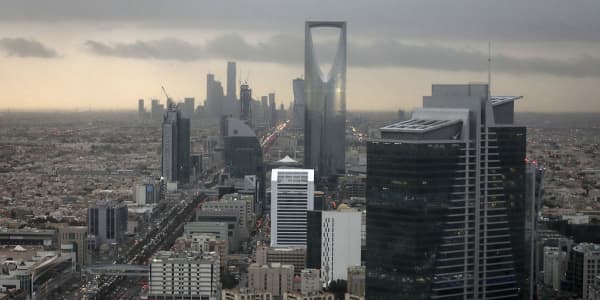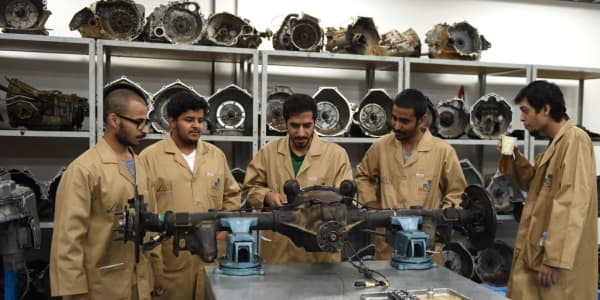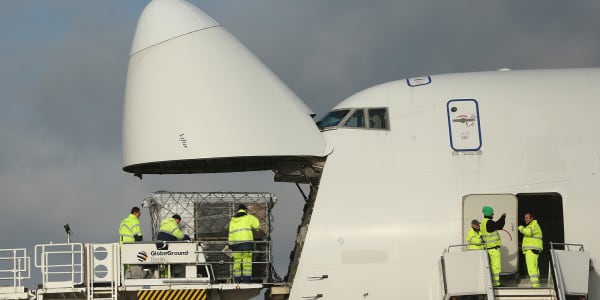
The man leading Bahrain's private sector development wants to emulate Norway's model when it comes to oil, he told CNBC on Wednesday.
"I'm trying to promote the Norway story. Norway discovered oil after they industrialized, and started to use oil as capital. That's what we need to look for," Sheikh Mohammed bin Essa Al Khalifa told CNBC's Hadley Gamble during the Gateway Gulf Bahrain forum in the capital Manama.
Al Khalifa is the chairman of Bahrain's semi-autonomous governmental agency Tamkeen, which is tasked with driving the kingdom's economic development, increasing productivity and creating jobs. Tamkeen was established in 2006 as part of the government's reform initiatives.
"We've invested in the basic infrastructure, that's done," Al Khalifa said. "So it is more using oil as capital, not cash flow, and reaching a point where recurrent revenue matches recurrent expenditure in the government."
By pointing to Norway, Al Khalifa was referencing the oil-rich Nordic state's sovereign wealth fund, which is the largest in the world. Established in 1990, the Government Pension Fund of Norway fund has been used to invest the country's surplus petroleum revenues, putting that oil money to work. To date, it has over $1 trillion in assets, including 1.3 percent of global equities.
"It'll take time to get there, I'm not saying it'll be done easily, but I think the oil gives us an opportunity to be able to invest and grow the region better," Al Khalifa added. "We no longer need it to provide services — most of the services either pay for themselves or are on the way to paying for themselves. It's getting in the mindset to use oil as capital, and not cash flow."
Bahrain had a budget deficit of 17.8 percent of gross domestic product (GDP) in 2016, and while this is shrinking — the deficit is projected at 11.9 percent for 2018 — the country of 1.4 million is relying heavily on oil to plug that gap.
The hydrocarbons sector accounted for 75 percent of government revenue in 2017. Bahrain is among several Gulf nations attempting to diversify their economies away from oil dependency in the aftermath of the 2014 drop in global oil prices.
The kingdom's oil base is still relatively small — its output is around 198,000 barrels per day (bpd), compared to neighboring Saudi Arabia's production of 12.3 million bpd. In early April, Bahrain's government announced the discovery of a massive new oil deposit estimated at around 80 billion barrels, which could be its biggest hydrocarbon discovery in decades. It aims to use this to boost its fiscal strength.
Norway, for its part, has been suggesting dropping its investments in oil and gas stocks to reduce its exposure to volatile oil markets.





